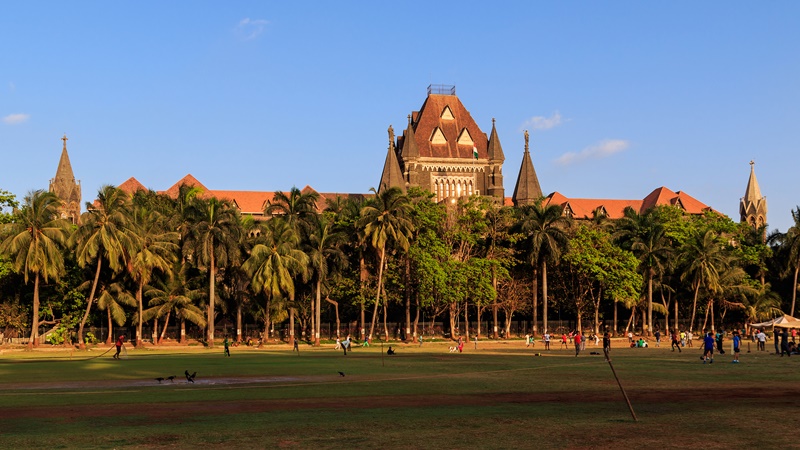Bombay High Court Rejects Challenge to IPC Section 376-E
This decision was made in conjunction to the infamous 2013 Shakti Mills Gangrape Case
Mumbai: The Bombay High Court on Monday upheld the constitutional validity of Section 376-E of the Indian Penal Code (IPC) which states that a repeat rape offender can be awarded life imprisonment which means imprisonment for the remainder of that person’s natural life or the death penalty.
The three Shakti Mills rape convicts, Vijay Jadhav, 27, Mohammed Kasim Shaikh Mohammed Hashim Shaikh, 24, and Mohammed Salim Mohammed Kudus Ansari, 32, challenged the constitutionality of the Provisions of Section 376-E.
Vijay, Mohd. Kasim and Mohd. Salim was convicted for gang rape of a 23-year-old woman at Shakti Mills on August 22, 2013. They were punished with Life Sentence in 2014. During the probe, the police found out that the three of them also gang-raped another 18-year-old woman at the same place on July 31.
Bench dismisses challenge
Dismissing the challenge, the Bench of Justices BP Dharmadikari and Revati Mohite Dere ruled,“… we do not find that Section 376-E, by providing stringent punishment to repeat offenders, in any way violates the principle of proportionality or is arbitrary or in any way, violative of Articles 14 and 21 of the Constitution. Nor can it be said to be void for vagueness. As noted, there also exists a fair and just procedure in the Cr.P.C to deal with any contingency arising out of Section 376-E.”
The three convicted advanced an argument that “Section 376-E was arbitrary, disproportionately harsh and therefore violated the mandate of equality enshrined in the Constitution of India”. Their argument further said, “the section prescribes the death penalty, even when no death (murder) is caused by the accused person.”
The bench completely disagreeing to this argument said, “A victim of rape undergoes a traumatic experience with which she has to live for the rest of her life. Rape is a highly reprehensible crime and demonstrates a total contempt for the personal integrity and autonomy of the victim. Needless to state, the stigma that is attached to rape victims is lifelong. In a sense, the offence of rape can be said to be graver than that of murder.”
The HC added that “Courts have the jurisdiction to interfere when the punishment prescribed is outrageously disproportionate to the offence, but the legislature is in the best position to understand the needs of the society”. Besides, the judges said, “there were other penal sections that prescribed the death penalty for offences involving no murders”.
Convicts’ Argument & HC’s Sentence
The trio also put forward an argument at the Bombay High court which said 376-E established a ‘new punishment’ which was not mentioned in the Penal Law of India. HC rejected this argument by referring to The Supreme Court rulings which state Life Imprisonment means imprisonment for rest of the natural life of the offender. Hence, it is not a new punishment.
The three convicts were awarded the sentence on March 20, 2014, in one of the cases. When the proceedings for sentencing in the other case were taken up, the prosecutor presented an application for amendment of the charge added under Section 376-E. On March 24, the trial court allowed the application and invoking Section 376-E handed death sentence to all three of them.
Also Read: Search Underway For Lost IAF AN-32 In Arunachal Pradesh




 Ms Kalinga
Ms Kalinga